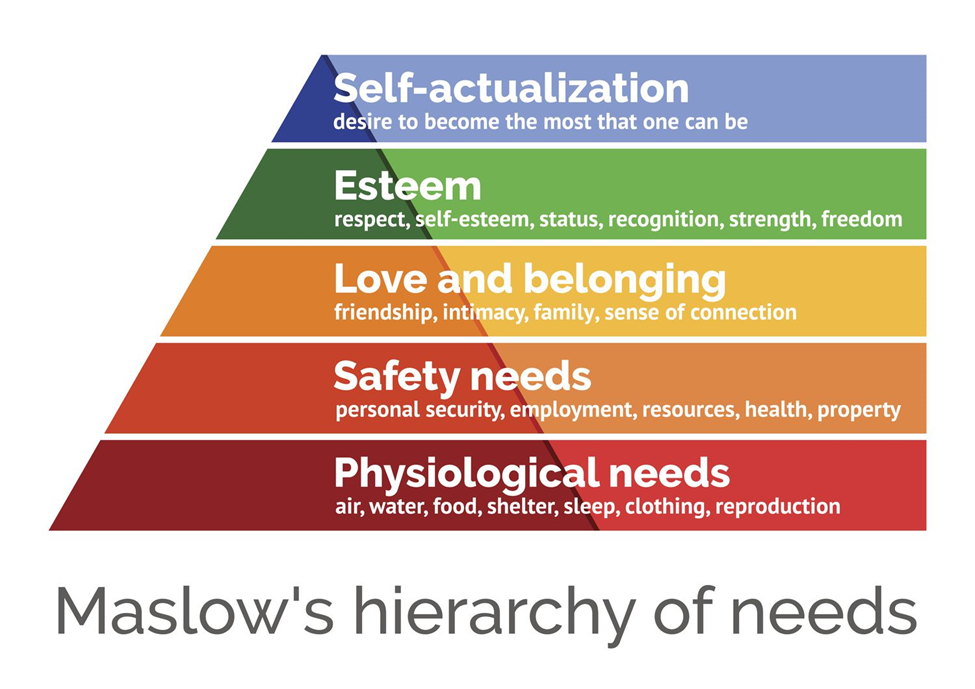A nurse is caring for a client in a mental health setting. During the working phase of a therapeutic relationship, which action by the nurse would best help the client to explore problems?
Identifying possible solutions for the client's problems
Encouraging the client to clarify feelings and behavior
Referring the client to a self-help group
Comparing past and present coping strategies
The Correct Answer is B
A. Identifying possible solutions for the client's problems:
While identifying possible solutions is an important aspect of problem-solving and goal-setting in therapy, it is not the primary focus during the working phase of a therapeutic relationship. The focus is more on exploring and understanding the client's problems, feelings, and behaviors before moving on to generating and evaluating potential solutions.
B. Encouraging the client to clarify feelings and behavior.
During the working phase of a therapeutic relationship, the nurse's role is to facilitate the exploration of the client's problems, emotions, thoughts, and behaviors. Encouraging the client to clarify their feelings and behaviors helps them gain insight into their challenges, triggers, and coping mechanisms, which is essential for problem exploration and resolution. This action promotes self-awareness, reflection, and deeper understanding of the issues at hand, leading to more meaningful discussions and therapeutic progress.
C. Referring the client to a self-help group:
Referring the client to a self-help group can be beneficial for ongoing support, peer connection, and learning from others' experiences. However, during the working phase of a therapeutic relationship, the emphasis is on individual exploration, understanding, and processing of problems within the therapeutic context before considering external resources like self-help groups.
D. Comparing past and present coping strategies:
Comparing past and present coping strategies can provide valuable insights into the client's progress, strengths, and areas for growth. However, this action is more relevant to the assessment and evaluation phases of therapy rather than the working phase focused on exploring and addressing current problems and challenges.
Nursing Test Bank
Naxlex Comprehensive Predictor Exams
Related Questions
Correct Answer is C
Explanation
A. Abstract message: Abstract messages involve conveying ideas or concepts that are not directly observable or tangible. In the scenario described, the client's statement about their marriage being great and usually agreeing on everything is an abstract message as it expresses an idea or perception.
B. Concrete message: Concrete messages are specific and observable behaviors or statements that are clear and direct. The observation of the client's foot moving continuously and twirling a shirt button represents concrete behaviors that are directly observable.
C. Incongruent message: Incongruent messages occur when verbal and nonverbal communication do not align or are contradictory. In the scenario, if the client's verbal statement about the great marriage contrasts with their fidgeting behavior (foot movement, twirling button), it would indicate an incongruent message.
D. Congruent Message: Congruent messages occur when verbal and nonverbal communication align and support each other. If the client's verbal statement about the great marriage is supported by calm and relaxed body language, it would indicate a congruent message.
Correct Answer is B
Explanation
A. Needs to be taught about medication action and side effects: This problem relates to the client's need for information and understanding about their medication regimen, including its action and potential side effects. While education about medication is important, it may not be the top priority when considering Maslow's hierarchy of needs.
B. Refuses to eat or bathe: This problem directly impacts the client's physiological needs for food and hygiene, which are foundational in Maslow's hierarchy. Therefore, addressing the client's refusal to eat or bathe would take priority over other concerns.
C. Is reluctant to participate in unit social activities: This problem pertains to the client's social and emotional needs, which are higher-level needs in Maslow's hierarchy. While social activities can contribute to the client's well-being, they are not as critical as addressing immediate physiological needs.
D. Reports feelings of alienation from family: This problem relates to the client's sense of belongingness and love, which are also higher-level needs in Maslow's hierarchy. While addressing feelings of alienation is important for the client's overall well-being, it is not as urgent as addressing physiological needs.

Whether you are a student looking to ace your exams or a practicing nurse seeking to enhance your expertise , our nursing education contents will empower you with the confidence and competence to make a difference in the lives of patients and become a respected leader in the healthcare field.
Visit Naxlex, invest in your future and unlock endless possibilities with our unparalleled nursing education contents today
Report Wrong Answer on the Current Question
Do you disagree with the answer? If yes, what is your expected answer? Explain.
Kindly be descriptive with the issue you are facing.
